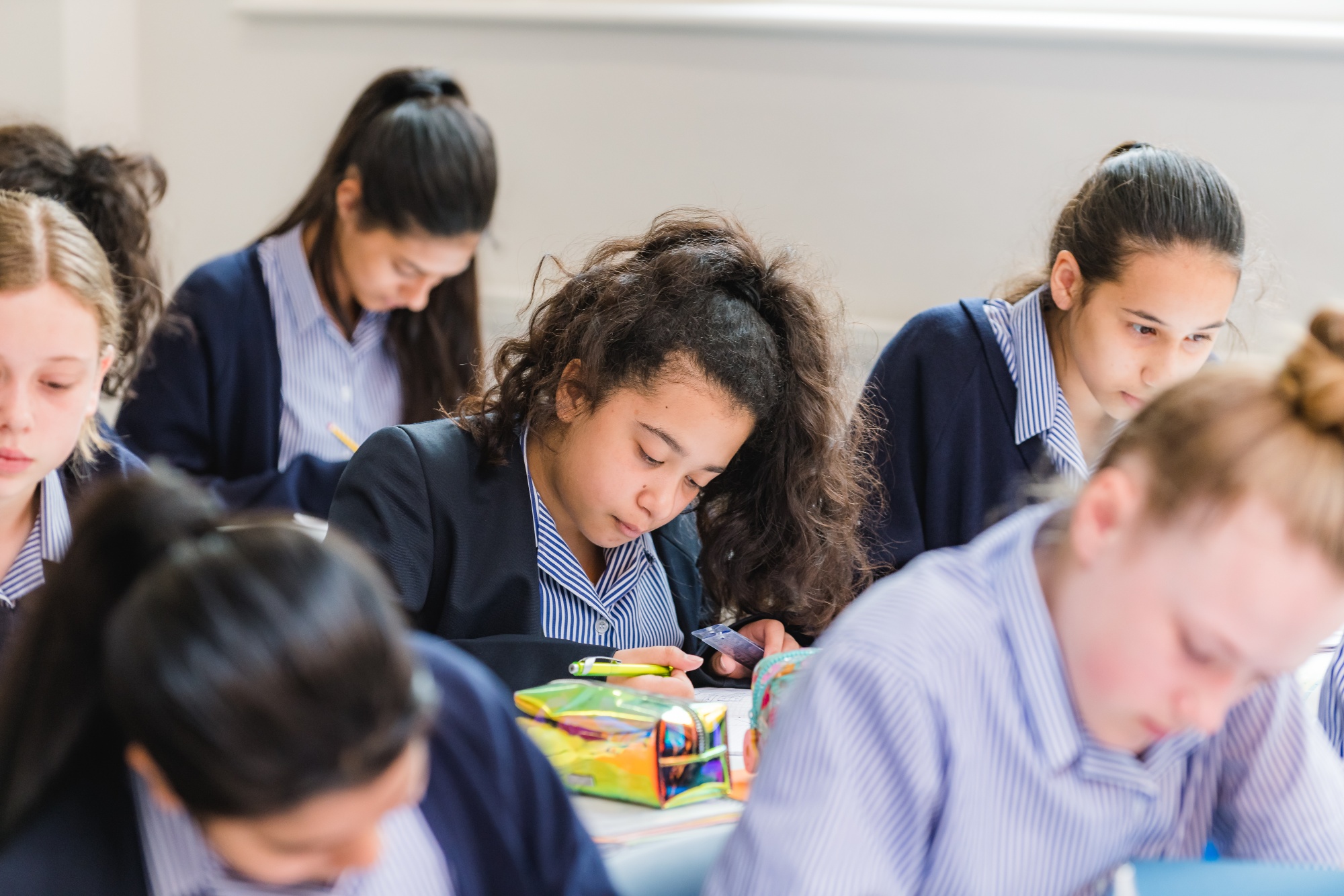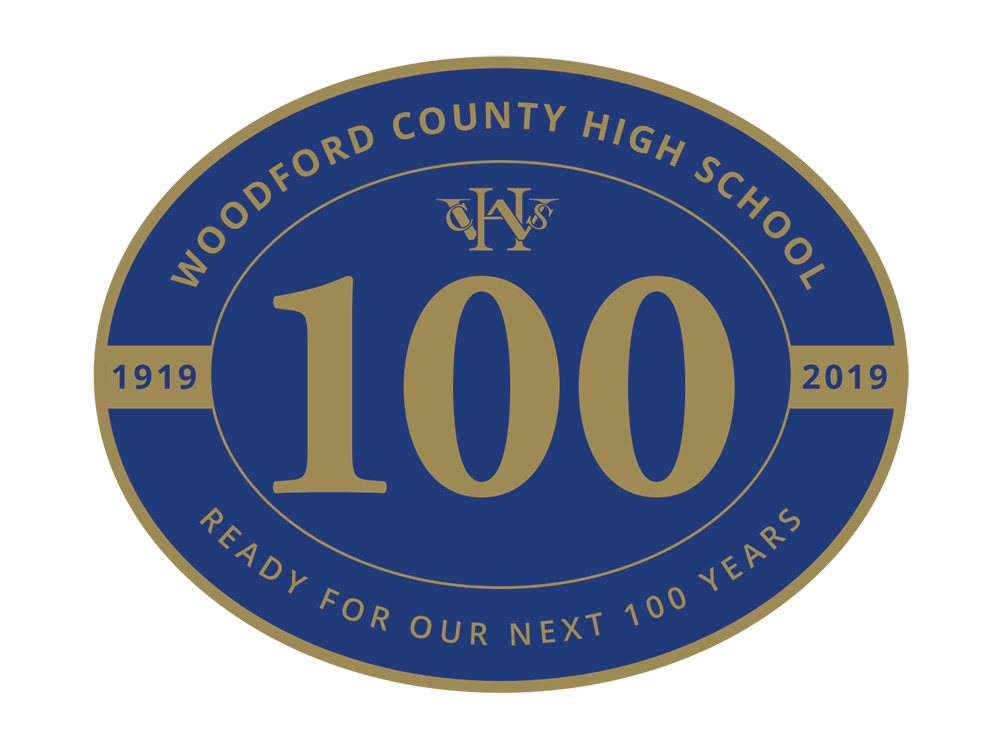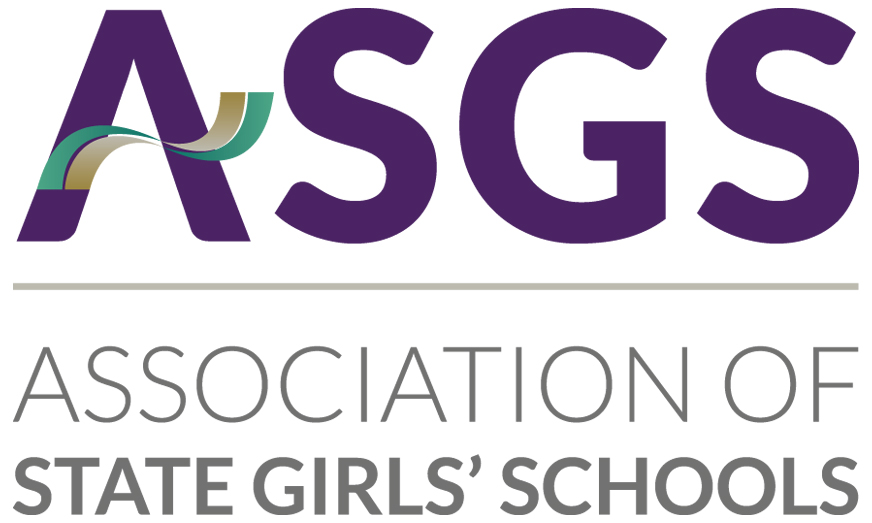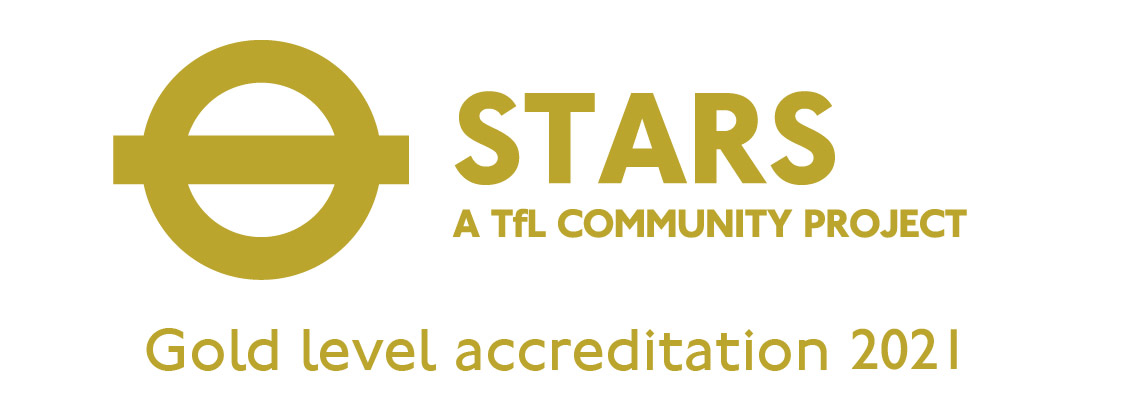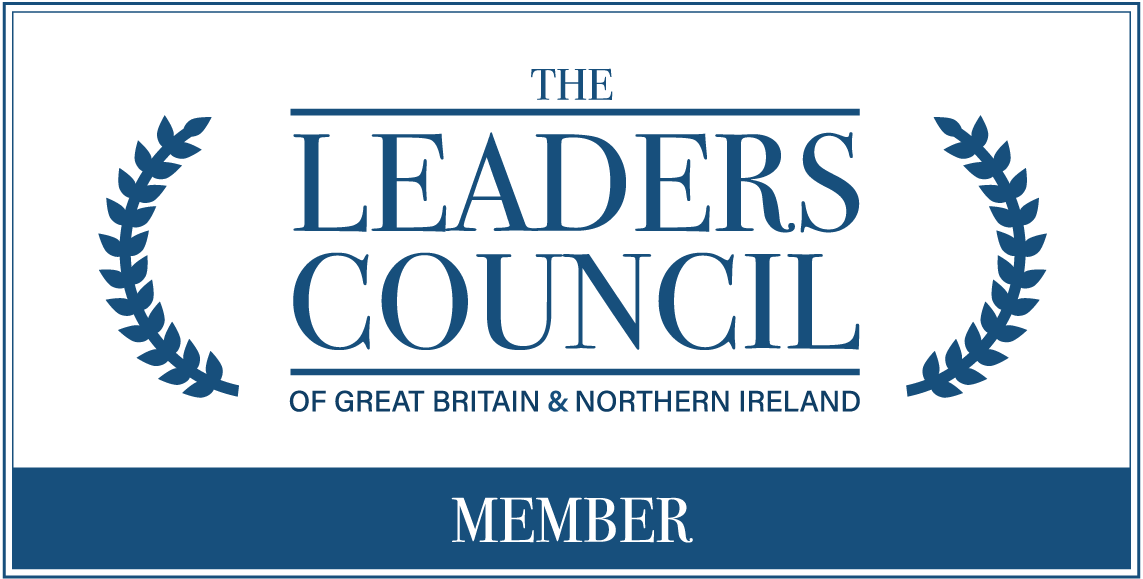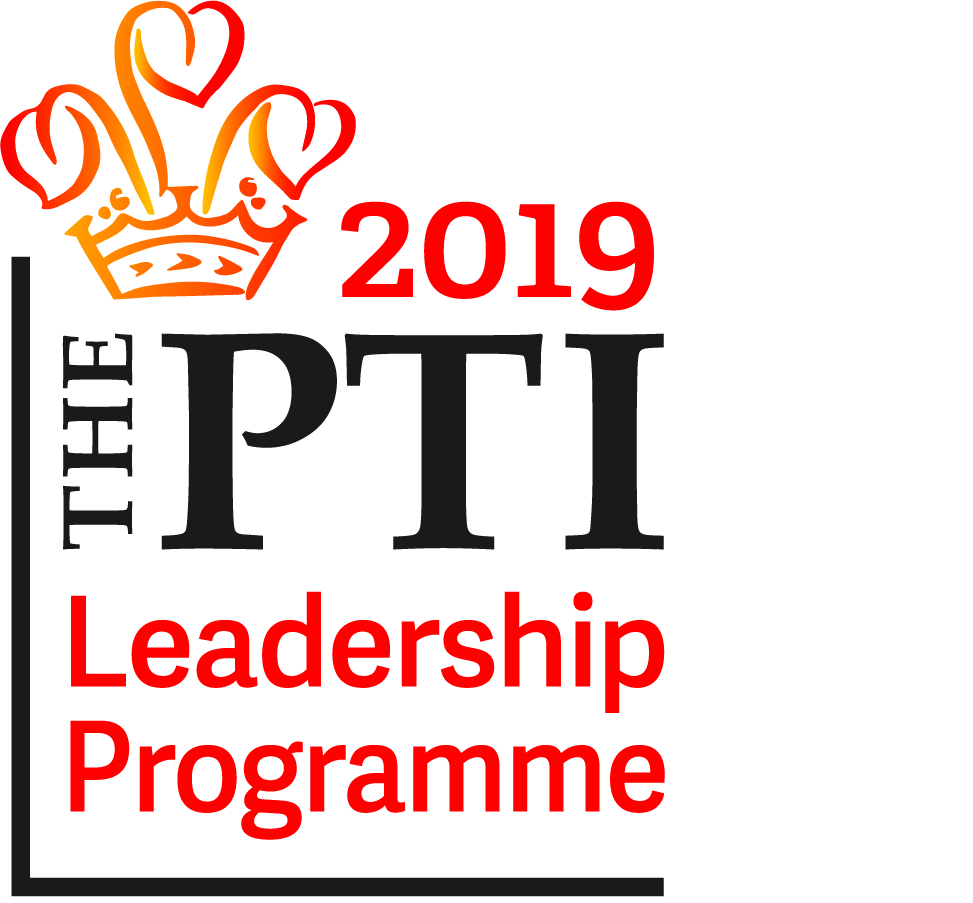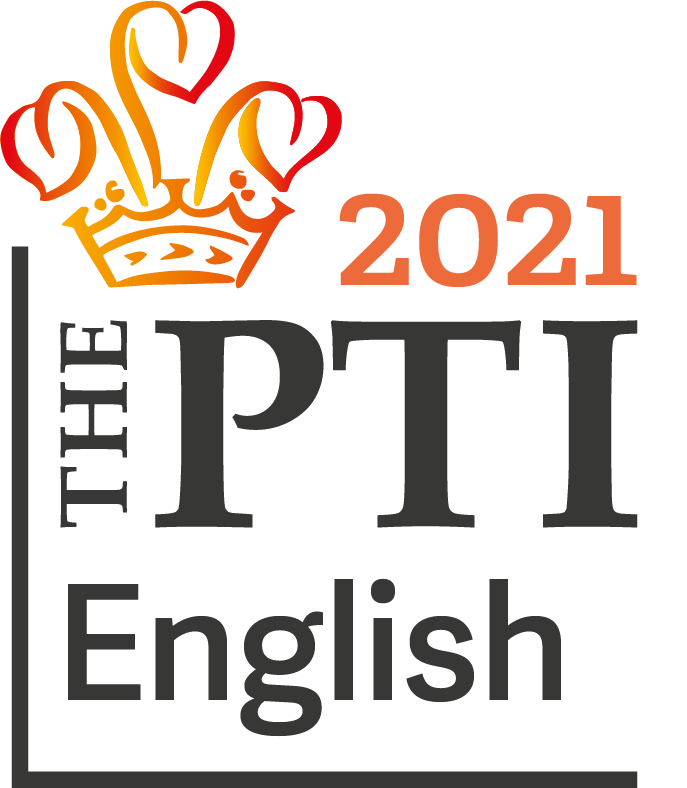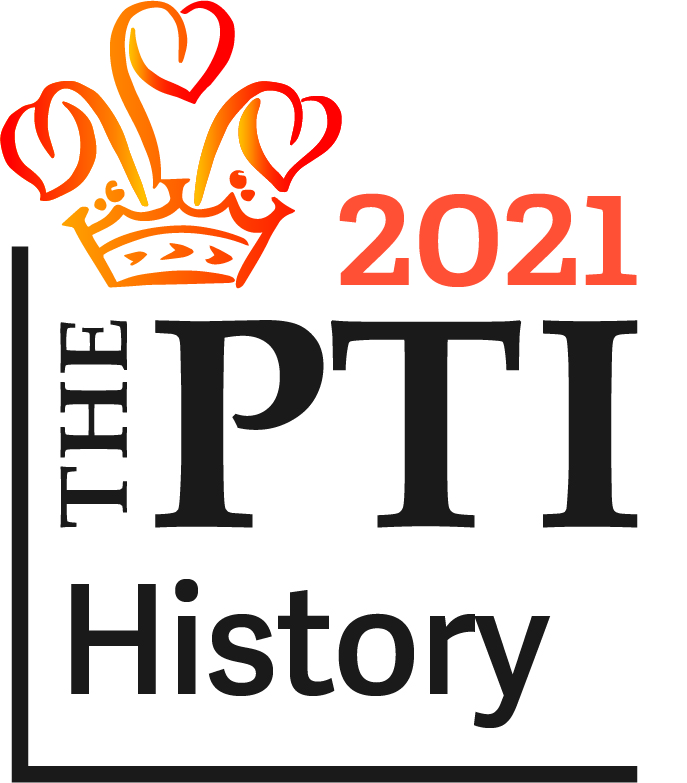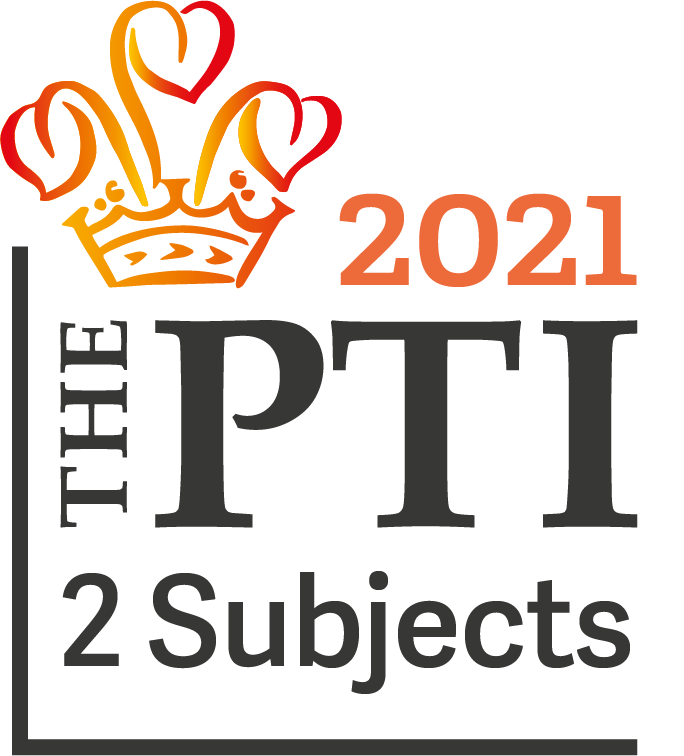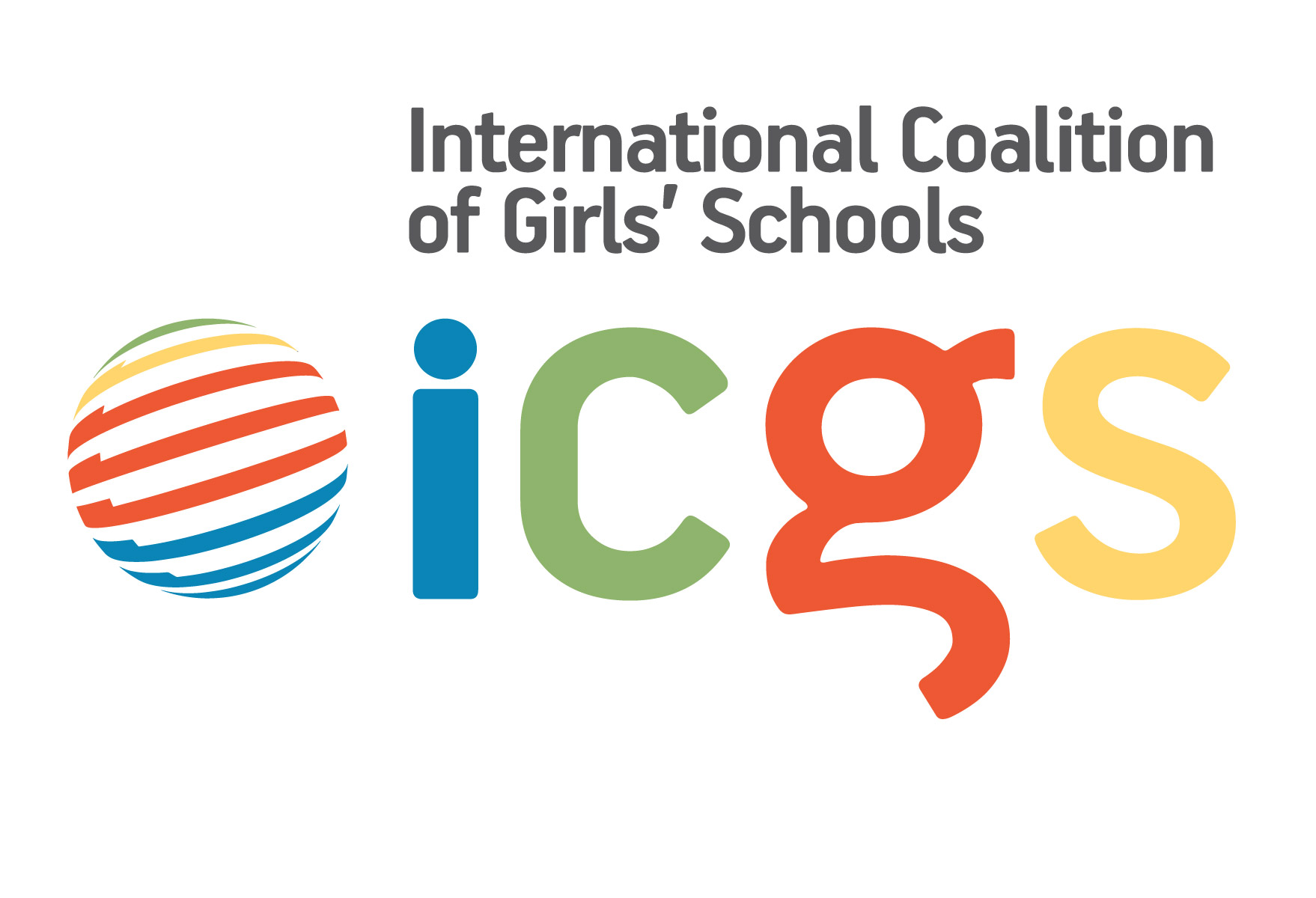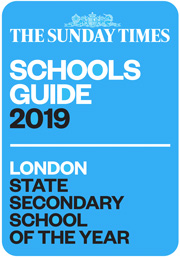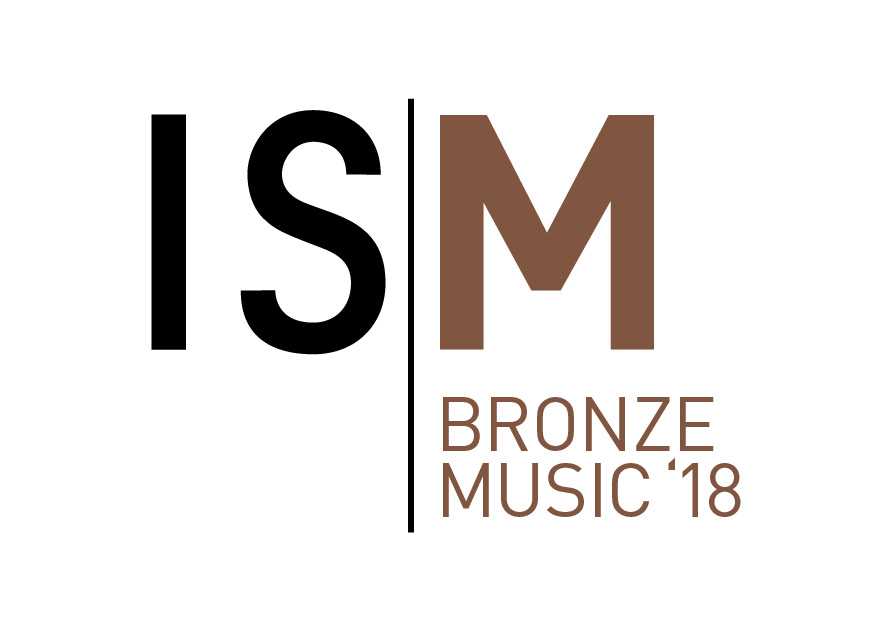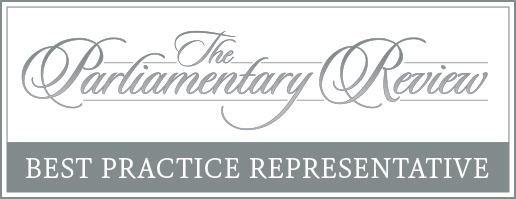| MUSIC | |||
|---|---|---|---|
| INTRODUCTION |
“Without music, life would be a mistake.” – Friedrich Nietzsche If you have a passion for Music – whether it be performing it, writing it, listening to it or learning about it, GCSE Music is for you. It is an opportunity to develop your own musical skills further, and to develop a wider understanding of musical styles, through lessons that are creative, practical, and exciting. |
||
| EXAM BOARD | AQA | ||
| STRUCTURE OF COURSE |
UNIT: 1 UNIT: 2 | ||
|
|
Understanding Music Performing Music |
|
|
| UNIT: 3 | |||
| Composing Music | |||
| ASSESSMENT |
Component 1 is examined in a 90-minute listening and written paper (40% of marks) |
||
| CONTENT | |||
| UNIT: 1 |
Understanding Music: You will study a wide range of Music taken from the Western Classical Tradition (both classical and modern), Popular Music (including pop, jazz and musical theatre) and Traditional Music (including world and folk music). You will learn about key musical styles that make up these traditions, focusing in on four set pieces in addition to gaining a wider knowledge. You will build both listening skills and the ability to analyse music by looking at a written score, and you will perform and compose music related to the different topics. |
||
| UNIT: 2 | Performing Music: Throughout the GCSE course, you will have several opportunities to perform on your instrument or as a vocalist, both in solo and ensemble situations. | ||
| UNIT: 3 | Composing Music: Over the 2-year course, you will learn a range of composition skills, culminating in your composing two pieces – one in each year. One of these compositions will be to a brief set by the exam board, and the other will be in your own free choice of style. | ||
| ADDITIONAL INFORMATION | |||
|
Students can undertake GCSE Music from any starting point in terms of their own experience as a musician, although it is recommended that students planning to take the course are in receipt of individual instrumental or vocal lessons – students not currently doing so are advised to consider starting instrumental/vocal lessons before the end of year 9, in order to help them to prepare for the performance aspect of the course.
As the course encompasses world and pop music as well as classical styles, students are welcome to perform on, and compose for, world instruments (including Carnatic instruments) as well as pop instruments (such as electric guitar or drum kit) as part of the GCSE Music course. All students will be expected to learn about Western Classical music theory – this will be taught alongside the set works for unit 1. |
|||










